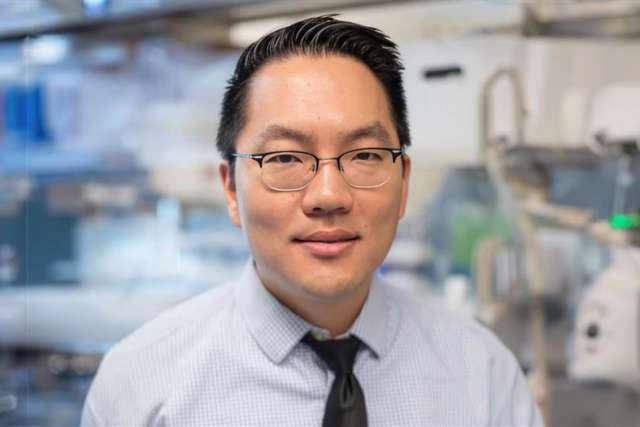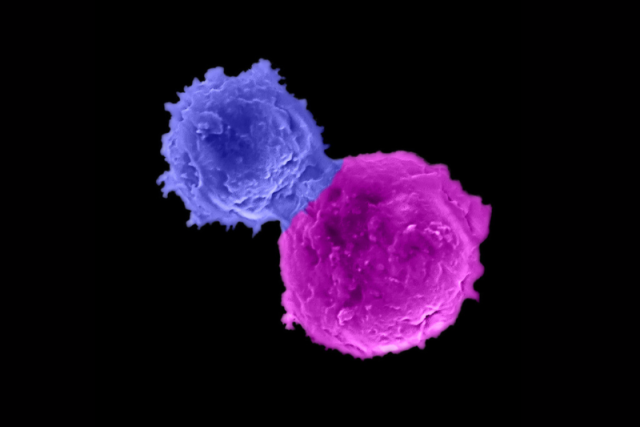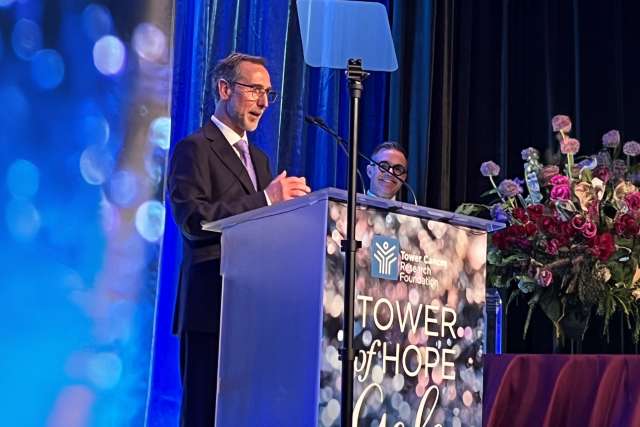A California program that provides treatment to low-income, uninsured men with prostate cancer who have no other way to get health care has received a three-year state contract for $9.3 million that will allow for hundreds of additional patients to be treated.
The latest infusion of funding brings the total amount of state money awarded to the program to $88.5 million, said Dr. Mark Litwin, researcher at UCLA’s Jonsson Cancer Center and professor of urology and health services. Litwin created and directs the program along with urology faculty members Dr. James Orecklin and Dr. William Aronson.
The UCLA-administered Improving Access, Counseling & Treatment for Californians with Prostate Cancer (IMPACT) program was launched in July 2001 with $50 million in funding from the state Department of Health Services. However, that funding was slashed repeatedly in the ensuing years and several times the program was in danger of closing down, only to be saved at the last minute.
In the last 10 years, the IMPACT program has provided comprehensive cancer treatment to more than 1,500 men and helped nearly 10,000 others acquire treatment through other avenues.
“We’re thrilled to be able to continue the IMPACT program,” Litwin said. “Prostate cancer imposes a great burden on our state. Underserved men with prostate cancer struggle even harder to maintain the basic elements of their lives. For those who have no access to medical care or funds to pay for it, a prostate cancer diagnosis wreaks havoc with their lives—physical, emotional, social, familial and financial. This new infusion in state funding will help us continue with our goal—to improve the health of underserved men with prostate cancer in California.”
IMPACT is the first and only program of its kind nationwide to assist underinsured or uninsured patients in obtaining prostate cancer treatment. The program provides access to free, high-quality treatment through its affiliation with more than 700 medical providers located throughout the state.
Thousands of men seek help from IMPACT every year. However, many fail to meet the stringent requirements established for enrollment. Those men are referred to other resources that may offer help, Orecklin said. Those who do meet qualifications are cared for by IMPACT doctors and hospitals close to home.
IMPACT was made a permanent part of the Department of Public Health cancer control branch with the passage in 2005 of Senate Bill 650, sponsored by Sen. Deborah Ortiz (D-Sacramento). At that time, the program was streamlined to reduce administrative costs and channel more money into direct patient care.
Today, the program runs on a very lean overhead, with just 13 percent of the funds being used for administrative costs, said Laura Baybridge, program administer.
Litwin was informed about the approval of new funding this week, although the state contract officially takes effect on June 1, 2011.
Almost 100 percent of patients treated through IMPACT have no health insurance at all, Baybridge said. All IMPACT patients are ineligible to receive treatment through existing state and federal healthcare programs including Medi-Cal and Medicare. To qualify, IMPACT patients must be at 200 percent of the federal poverty level. For an individual, that is someone who earns less than $21,780 per year.
Litwin said he looks forward to continuing efforts to address not only acute treatment needs, but also the patients’ longer term needs.
“We want help them return to healthy, fulfilling lives after prostate cancer,” he said.
To find out more about the IMPACT program, visit www.california-impact.org.




